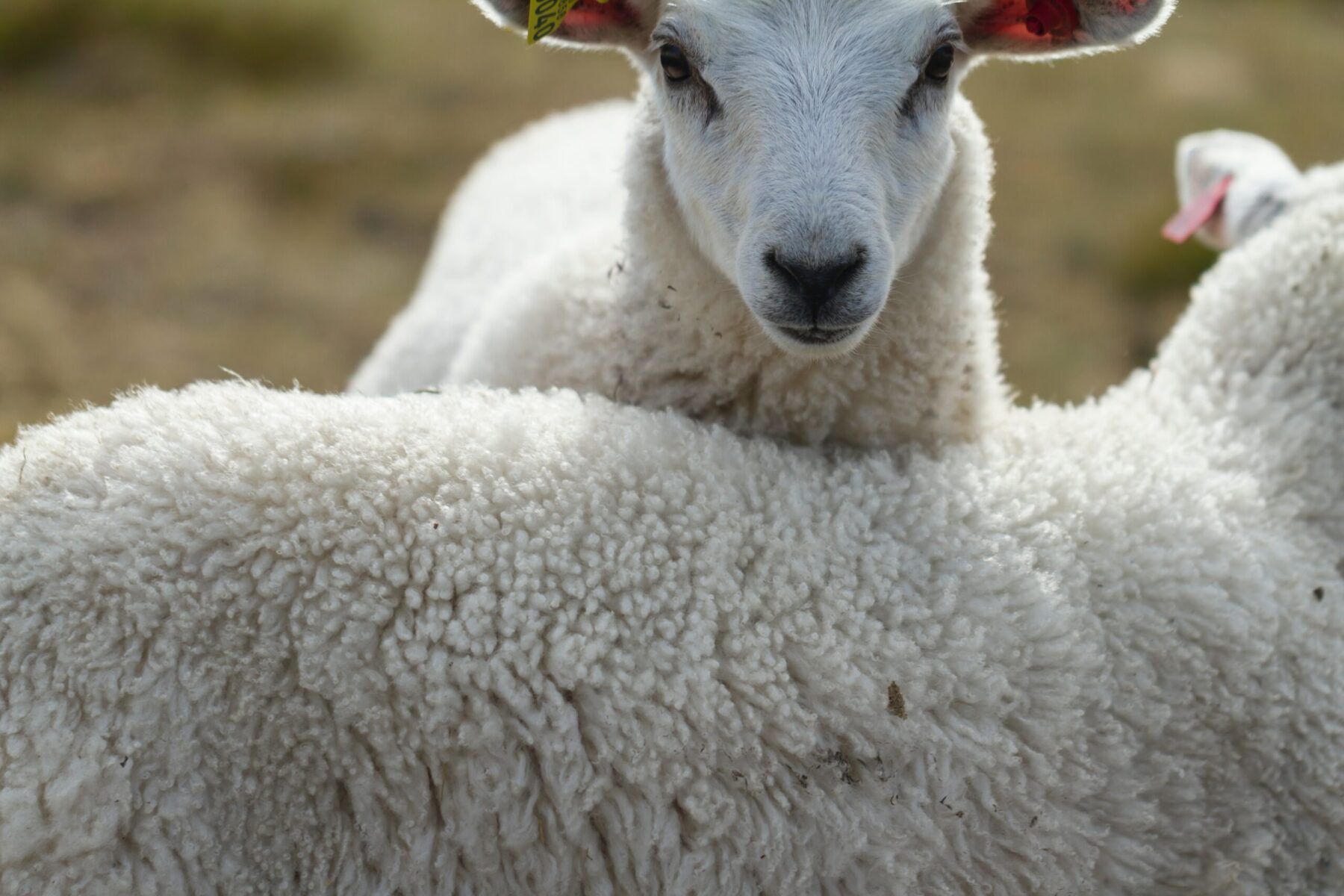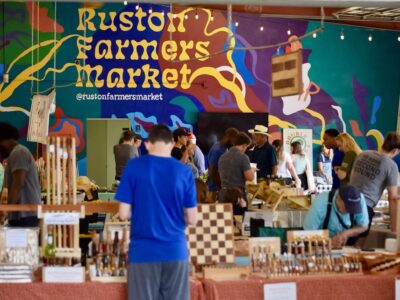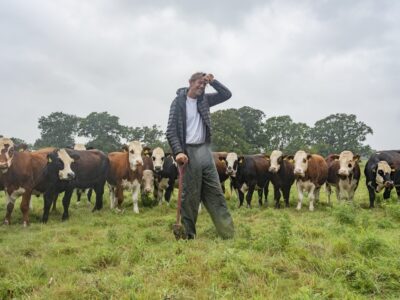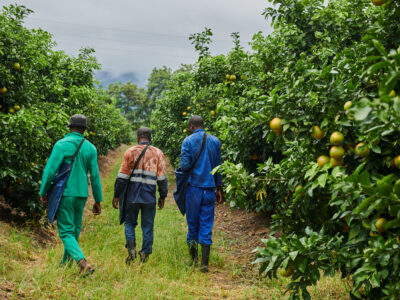When the Wilde family moved to the United States over 150 years ago, they were looking for solid ground on which to plant a farm and a family that would survive the seasons to come. Settling in the small town of Croydon, Utah, they raised chickens, a few cows and sheep. Six generations later, the Wilde family legacy includes 2,800 sheep, 200 head of cattle and acres of irrigated crops, much of which is alfalfa, farmed by Albert Wilde with two of his seven sons.
Farming is a precarious endeavor demanding constant innovation in order to survive and thrive. Wilde is keenly aware of this, having worked the arid Utah soil his entire life. Bothered by the fact that 5 percent of his wool was going unused because the quality wasn’t right for athletic gear manufacturers, a primary client, Wilde began exploring alternative uses with the unpurchased remains. He knew that wool repelled snails, so he tried making wool pellets to incorporate into the soil. As he went along, he found wool to be high in nitrogen which makes it the perfect all-natural fertilizer. Wool also takes months to break down and can hold 20 times its weight in water, which means you can water the soil less frequently. As the wool soaks in water, it expands, creating more porosity in the soil, giving roots the space they need to grow.
When a neighboring farmer stopped over to buy some steer manure, Wild offered him the wool pellets for his greenhouse tomatoes. The farmer hesitated, but gave them a try and was pleasantly surprised when the plants responded immediately. “Organic farmers really love it. It starts feeding on day one, rather than the 45-day lag time, even though it’s a slow-release and lasts over six months,” Wilde explains.
Pellets not only take care of the plants, they are good for the environment too, minimizing the amount of fertilizer that could end up as runoff. This is especially beneficial to homeowners who tend to be less conservative in fertilizer use. For the home gardener, Wilde Valley Farms now offers special NutriWool Pots, made from recycled wool that insulates plant roots from hot and cold temperatures, while allowing them to breathe. The tight wool felt absorbs and holds water in the root zone, but does not let the water pass through, so the outside of the pot remains dry. You can transplant without taking your plant out of the pot and it will simply breakdown over time when placed in the soil. And that’s how innovation becomes a no-brainer.





